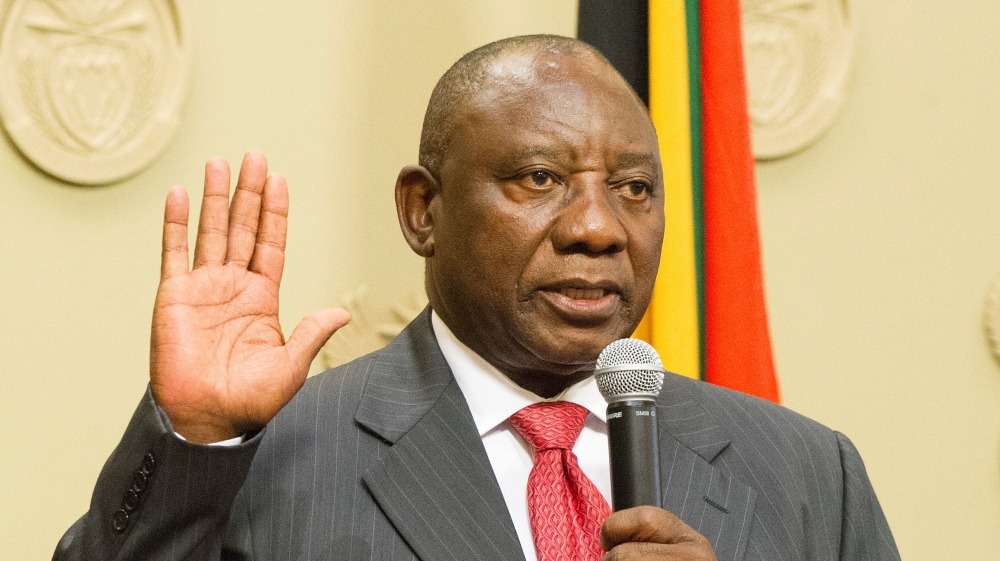South African officials have initiated an investigation into claims that President Cyril Ramaphosa’s recent speech on decolonising education was partly generated with the assistance of AI technology, specifically ChatGPT. The speech, delivered with enthusiasm at a conference in Johannesburg on November 21, has sparked speculation after social media users fed portions of the text into AI-detection software designed to identify AI-generated content.
One particular segment of the speech, which focused on challenging colonial theories and embracing diversity and inclusivity, raised eyebrows and fuelled the speculation of AI involvement. The snippet, along with other parts of the speech, appeared to exhibit characteristics associated with AI-generated text.
Vincent Magwenya, a spokesperson for the presidency, promptly addressed the issue, clarifying that the presidency does not rely on AI for speech-writing purposes. However, he did disclose that certain portions of President Ramaphosa’s address were crafted by the Department of Basic Education. As a result, the department has been called upon to provide details on the sources of their content.
Magwenya emphasised the seriousness of the situation, stating that AI-generated speeches are considered unacceptable. If the allegations are substantiated, there will be consequences for those involved.
“We take this matter seriously. AI-generated speeches? A big no-no. If it turns out to be true, there will be consequences,” Magwenya affirmed.
The investigation aims to shed light on the origin of the speech content and clarify whether AI technology played a role in its creation. The use of AI in speech-writing can raise ethical and transparency concerns, especially when it comes to public addresses by political figures. The outcome of the investigation will provide clarity on the matter and potentially influence future practices regarding the use of AI in crafting official speeches.


